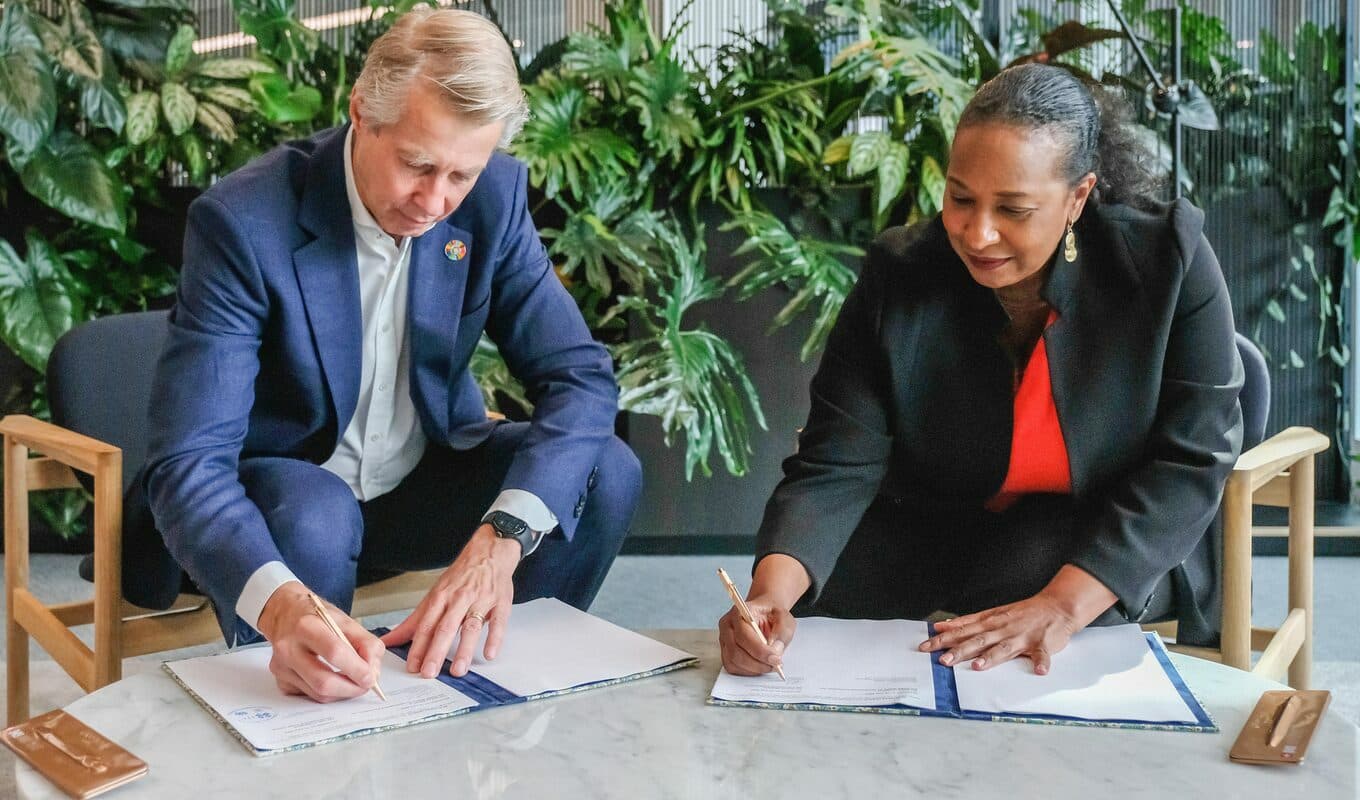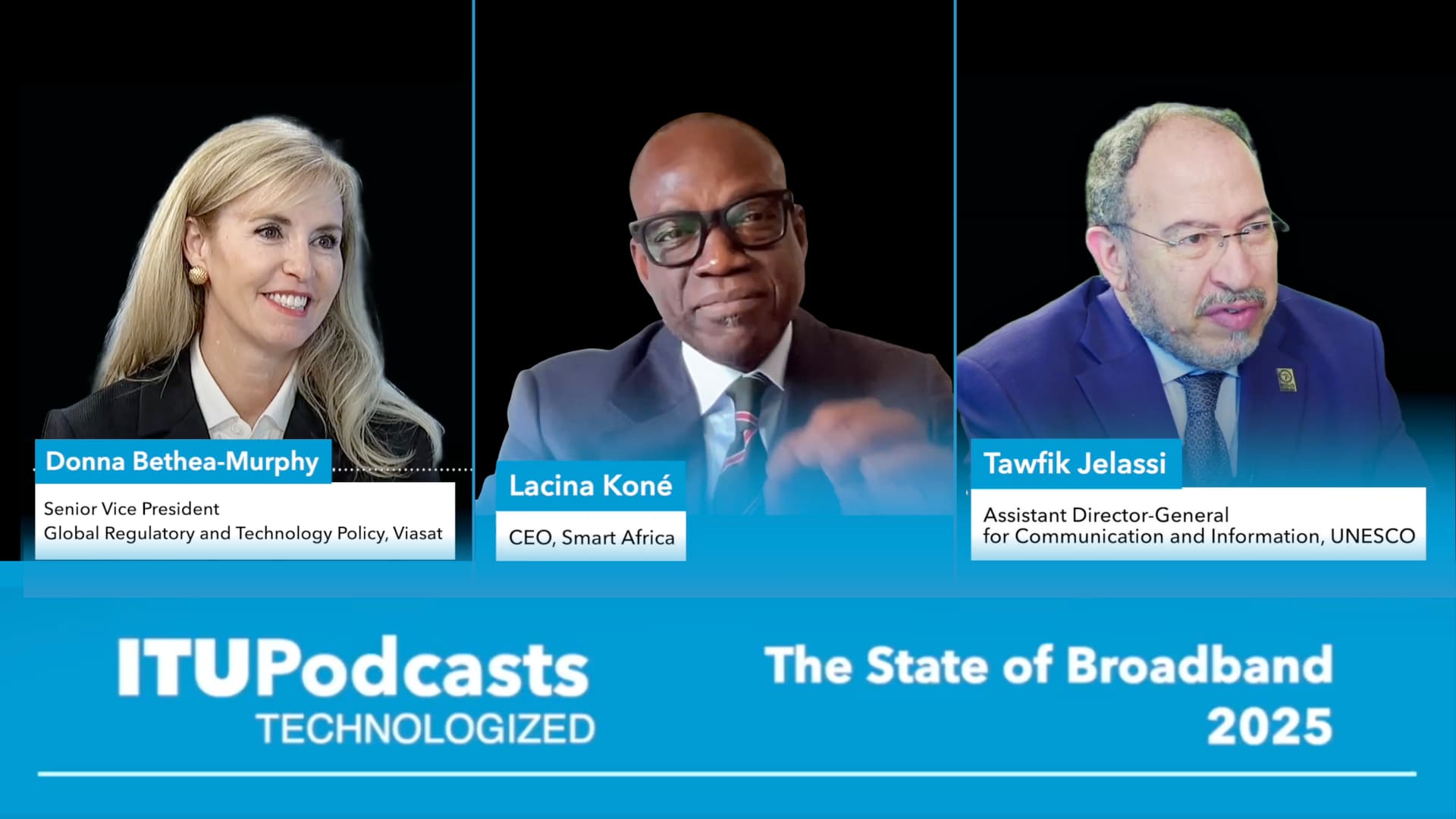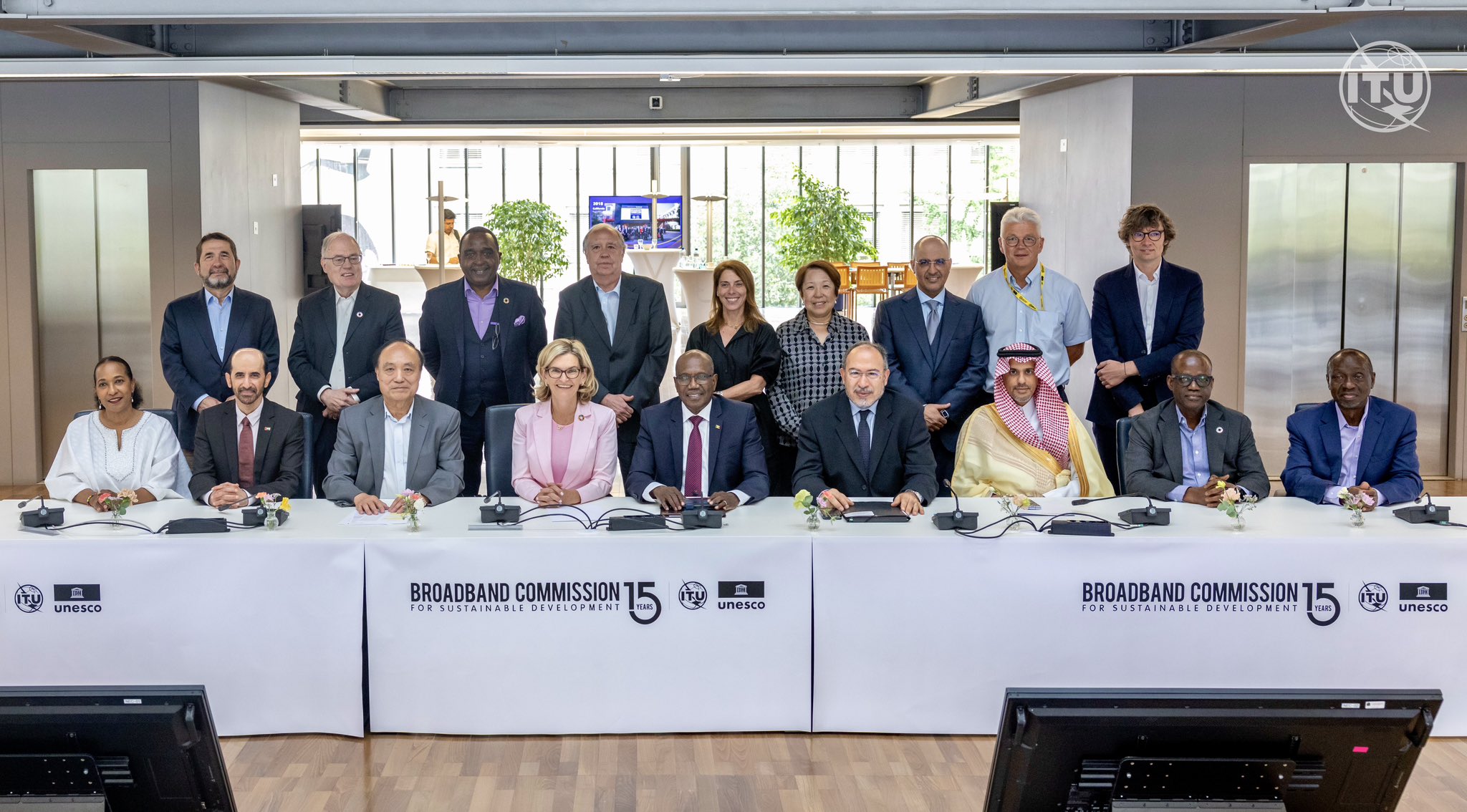
In an effort to address the digital divide faced by Micro-, Small-, and Medium-sized Enterprises (MSMEs) in developing countries, the Co-Chairs of the Broadband Commission Working Group on Connectivity for MSMEs—Pamela Coke-Hamilton, Executive Director of the International Trade Centre (ITC), and Mats Granryd, Director General of the GSMA—have recently signed a Memorandum of Understanding. This new partnership aims to turn the key recommendations from the Commission Working Group’s outcome report, “Making Connectivity Work for MSMEs,” into actionable initiatives.
Building on Foundational Work
The collaboration between ITC and GSMA builds on the foundational work established by the Working Group on Connectivity for MSMEs, which was created in 2022 to identify the challenges and opportunities of getting more MSMEs in low and middle-income countries (LMICs) online and engaged in online trade. The group brought together a diverse coalition of Commissioners from key organizations and companies, such as the ITU, Ministry of ICT of Rwanda, Millicom, Nokia, Smart Africa, Vodafone, América Móvil, UNDP, UN-OHRLLS, Intelsat, ISOC, FAO, Digicel, and MTN. Their collective insights culminated in the report “Making Connectivity Work for MSMEs,” which outlines a comprehensive five-part framework and key recommendations aimed at improving digital access and affordability, securing platforms for digital trade, and ensuring inclusivity, particularly for women and marginalized communities.
The primary focus of the new collaboration under the signed MoU is to empower MSMEs to leverage the potential of digital connectivity. ITC and GSMA will lead efforts to support digital entrepreneurship, enhance digital skills, and provide crucial technical assistance to policymakers. These initiatives are especially vital for underserved communities, including women, youth, the impoverished, and refugees, enabling them to leverage digital tools for trade and economic growth
Aligning with Broadband Advocacy Target 6
This ongoing effort aims to advance the Broadband Advocacy Target 6, which focuses on improving the connectivity of MSMEs by 50% by sector by 2025. Achieving this target is essential for enhancing the competitiveness of MSMEs and facilitating their participation in the global digital marketplace. The COVID-19 pandemic has further underscored this critical need for digitalization among MSMEs, revealing the significant challenges faced by those without reliable broadband Internet access.
The collaboration between Commissioners from ITC and GSMA is a hands-on example of how Members are joining forces to advance the Broadband Commission’s targets. Other examples include EQUALS: The Global Partnership for Gender Equality in the Digital Age, Giga: The ITU/UNICEF Global Initiative to Connect Every School to the Internet by 2030, and the Child Online Safety Universal Declaration—all of which emerged from collaborations within the Commission’s Working Groups.
Looking Ahead
Despite the progress made, a key challenge highlighted in the report is the lack of large-scale and regular analysis on MSME uptake and usage of digital connectivity. While information on country-level constraints and enablers is generally available, firm-level data remain scarce. Without comprehensive data on how MSMEs utilize digital tools, it becomes difficult to measure progress or identify areas where support is most needed. Engaging with industry leaders to improve data collection and analysis will be crucial in furthering the objectives of new Memorandum of Understanding, ensuring that the initiatives to enhance digital connectivity for MSMEs are informed, targeted, and effective in driving sustainable economic growth.
Overall, partnership between ITC and GSMA, in particular, represents a critical step toward bridging the digital divide for MSMEs. By enhancing digital connectivity and empowering small businesses, this initiative is poised to drive trade and economic growth in developing countries, ensuring that no one is left behind in the digital age.



